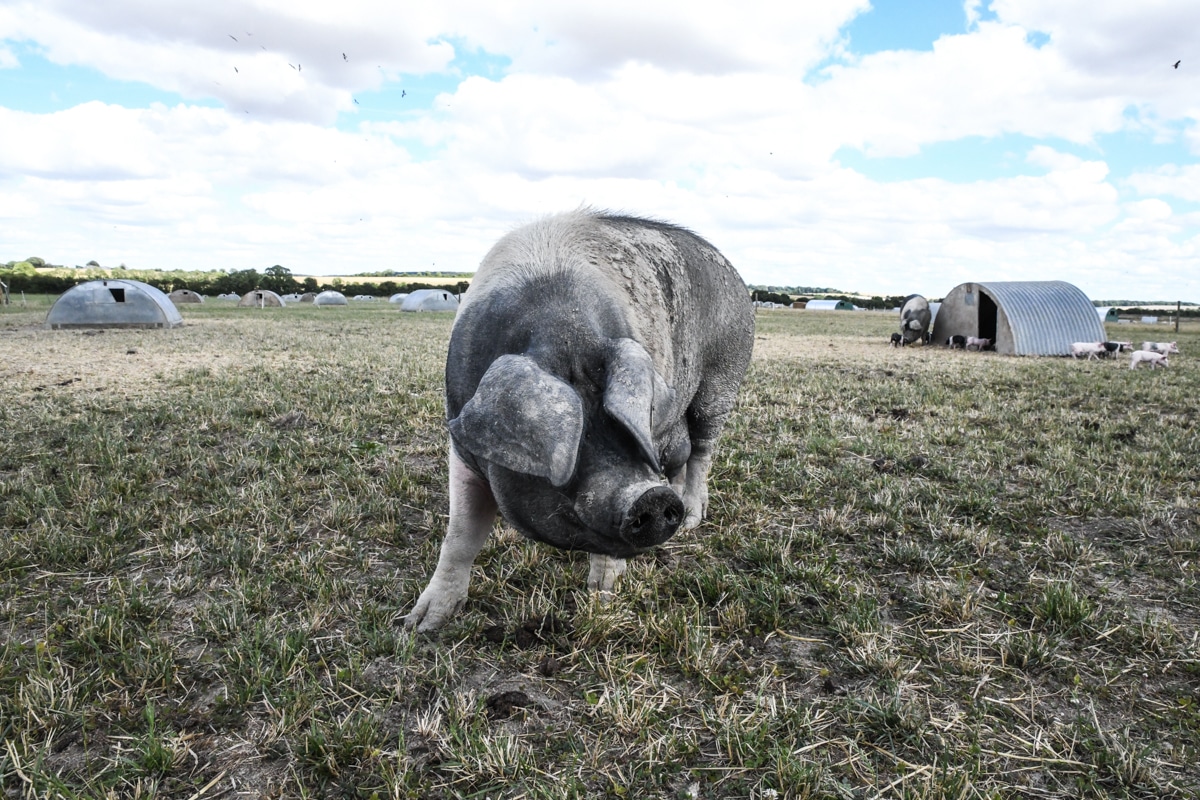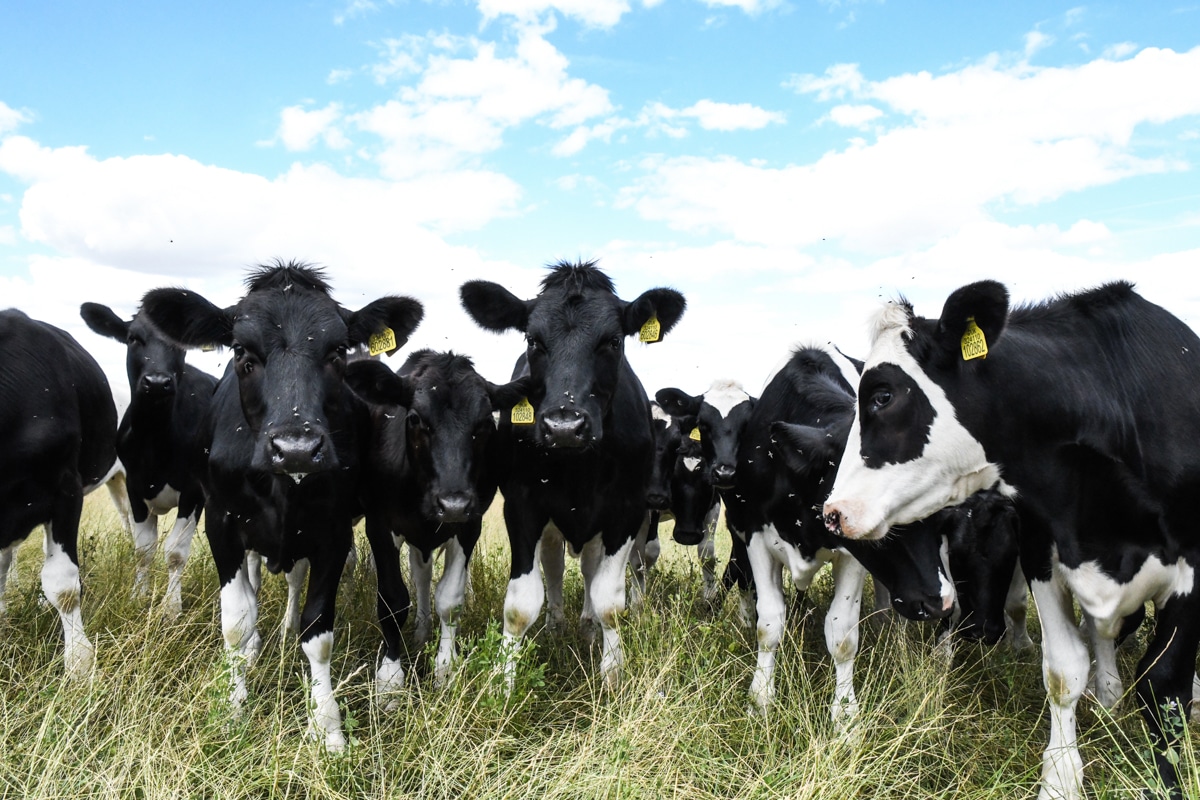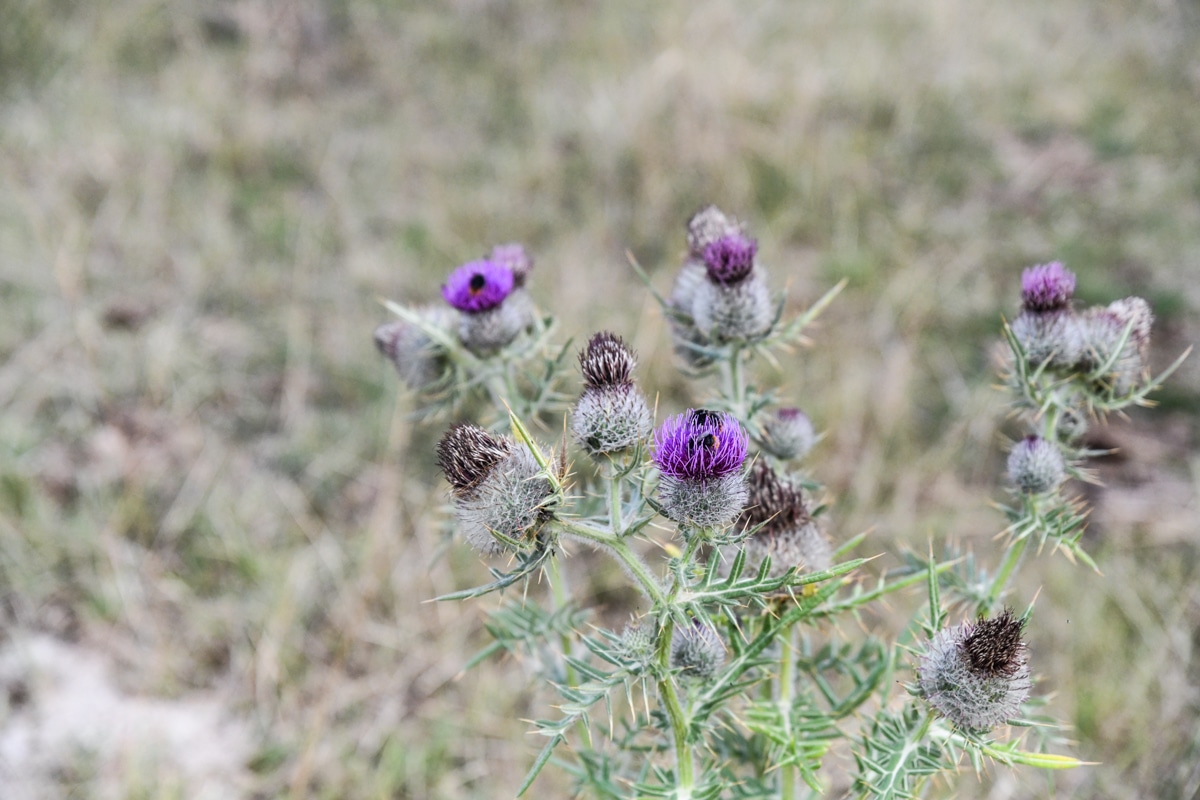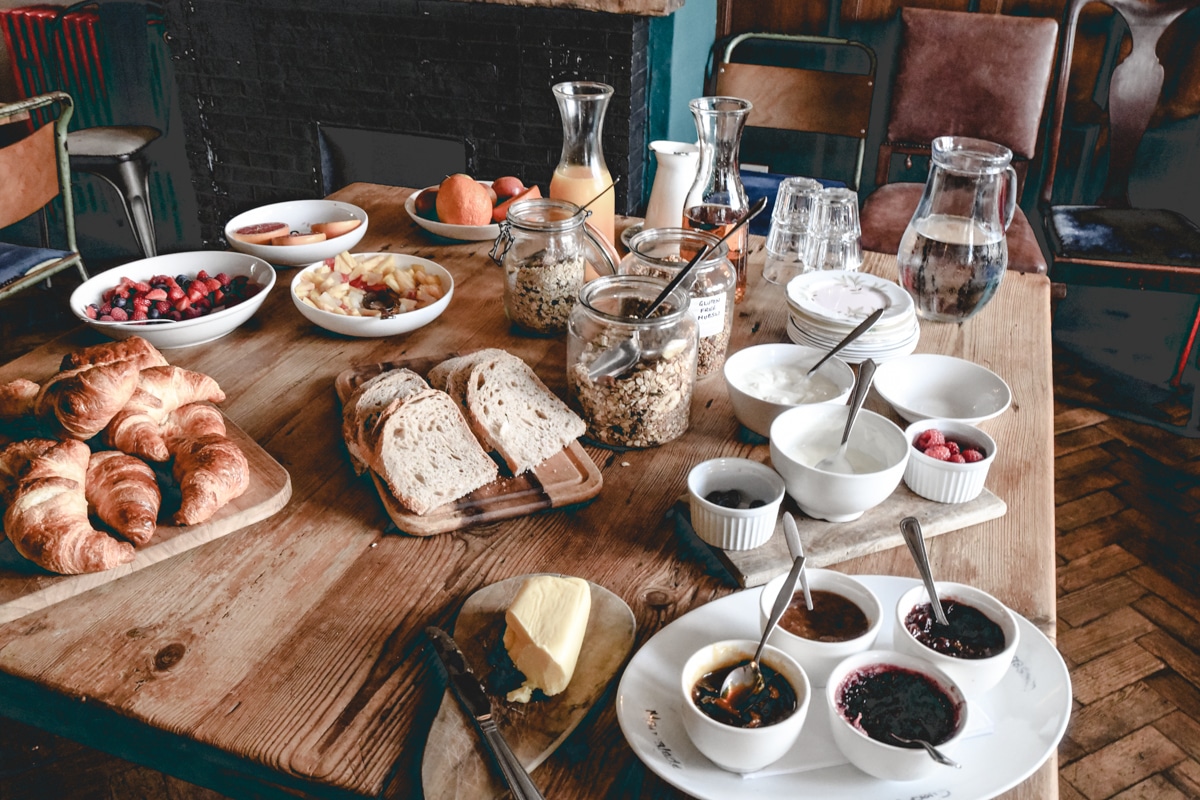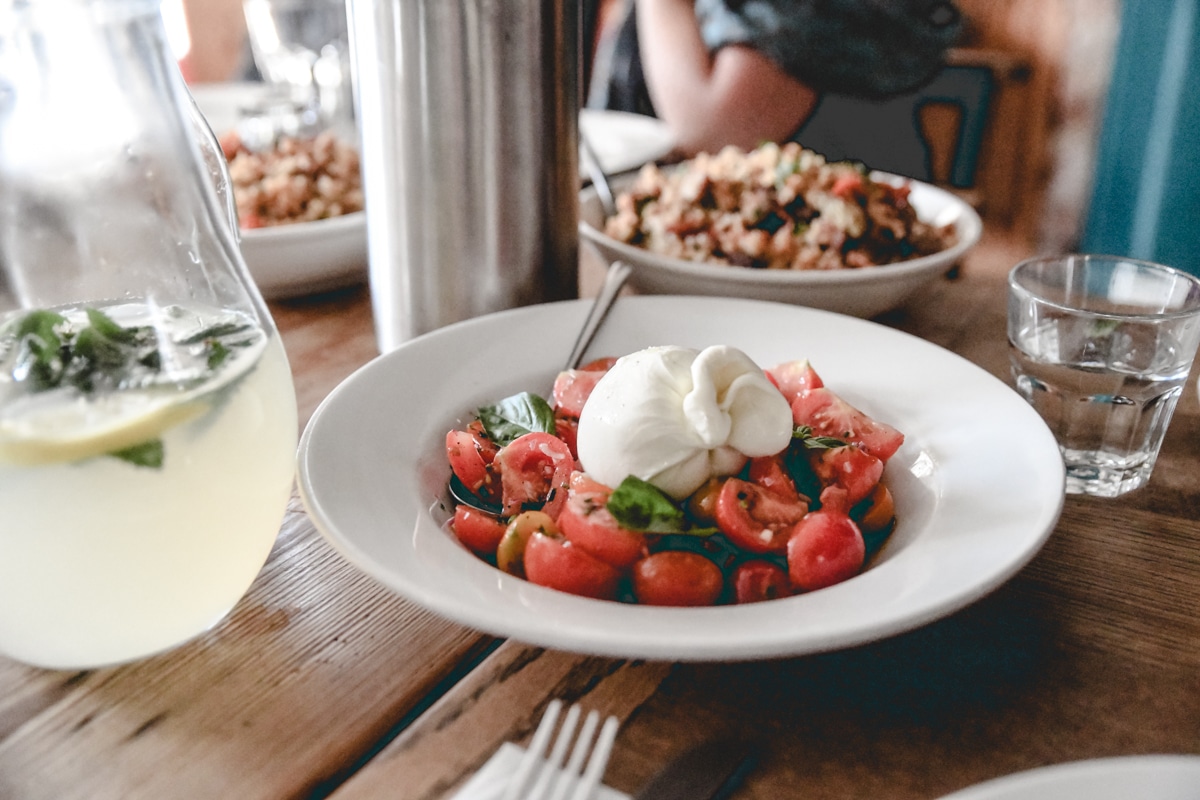We recently met with the Soil Association in aid of Organic September to find out the workings of Helen Browning’s Organic Farm to see just why it’s so important to try organic…
The 21st century has been a real eye opening decade for foodies, with the rise of diets such as vegan and vegetarian stemming from realisation some of the worse sides of the food industry. It has become an era synonymous with discovering just where our food comes from, for while plenty of us eat meat, fruit and vegetables on a regular basis, we are purchasing from supermarket conglomerates with no idea of where our produce is originating, what chemicals are being pumped inside it and just how it is being treated. You don’t have to stop eating meat – unless you want to – however it is suggested that rather than eating meat with every meal from a supermarket, that you eat meat perhaps once or twice a week that is high quality and originates from a good source. We recently met with the Soil Association, an independent body who checks each step of organic food production ensuring it meets a certain standard, and that you always know what is in your food. We headed to Helen Browning Eastbrook Farm in Bishopstone, Wiltshire – Helen Browning is also the Chief Executive of the Soil Association – to find out just what the difference is, what it takes to become organic, and find out a little more about why we need to make a change not only for our health and wellbeing now, but for generations to come.
What exactly is Organic?
Organic means the very highest standards of animal welfare – Organic animals are truly free range and are reared without the routine use of drugs, antibiotics and wormers. It means you can truly know what you are eating and it is fully traceable from farm to fork. The standards of Organic food are laid down in European law so any food labelled as organic must meet certain rules. As well as the benefits to the lives of the animals, Organic food has been found to contain around 50% more omega-3 fatty acids than non-organic and organic fruit and vegetables have up to 68% more antioxidants meaning they are much better for you. Organic also reduces exposure to antibiotics and pesticides, while conventional food production makes wide use of pesticides and can pollute both water and the environment. Shockingly, farm animals account for almost two-thirds of all antibiotics used in the EU and these are passed down to us through the food chain. In organic farming systems the routine or preventative use of antibiotics is banned. Better for the environment and wildlife – Organic means working with nature, not against it. No system of farming does more to reduce greenhouse gas emissions from agriculture, or protect natural resources like fresh water and healthy soils.
Eastbrook Farm and going Organic
Helen Browning’s Family has farmed at Eastbrook since 1950, courtesy of their landlords, the Church of England. Helen Browning’s Dad gave her the opportunity to take over in 1986 and it was then she decided to experiment with organic farming, seeing if they could grow good quality crops and animals while making space for nature too. It was from this point they haven’t looked back.
“Of all the benefits I love about organic farming – the wildlife, the landscape,
the food – what motivates me most is
allowing our animals to have as good a life as possible.”
Helen Browning

The farm itself is expansive, with livestock including a dairy herd, lots of calves and beef cattle, 300 Romney ewes, 200 British Saddleback sows and a small flock of laying hens. Wildlife is in abundance, and Helen’s latest folly is the planning of thousands of trees at Lower Farm. With this land of her own she has trialled the idea of permaculture and how they can integrate productive trees to the farmland to improve overall productivity while enhancing wildlife and protecting soil. Trees planted include cherries, damsons, quince, desert pears, apricots, almonds, raspberries, mixed berries and more.
The land itself is beautiful and a great space to head on a walk, particularly if you are staying at the on-site hotel or eating at the on-site restaurant. For Helen Browning has created not just a space to breed wildlife for food, but also a place to enjoy and really cherish the work that goes on behind the scenes of the items we pick up in the shelves of our local store. The air itself feels calmer here, healthier. The onsite restaurant the Royal Oak is a dining pub with rolling view of the quaint village of Bishopstone through the windows. It is warming and welcoming, just as inviting for a glass of wine and Sunday lunch as it is for a cup of tea after a crisp autumnal walk. The menu includes generous portions of organic food from the farm or their neighbours in a menu that changes according to the seasons. You can wash your food down with a glass of a local Arkell ale, wine, gin or juice and they promise to only serve the best food and drink – in a way that the farms family, friends and workers have shared and enjoyed meals here for years – for the best enjoyment possible.
This same ethos of comfort and welcome is extended to the 12 uniquely designed rooms each with their own doors off a sunny, shared courtyard. Each room is named and themed after a field on Eastbrook Farm and is the ideal place to unwind and relax – a whole world away from the hustle of city life. We were lucky enough to stay in the “Cuckoo Pen” a room that is spacious enough while still remaining deliciously cosy. It features a plush duvet and pillows – ideal for sinking your head into at the end of a long day and a luxurious roll-top bath as well as a shower. There is a TV available (though we were too busy exploring the farm to watch it), a hairdryer and coffee making facilities. During your stay, be sure to indulge in breakfast at the Royal Oak then head off to explore the surrounding village for a brisk morning walk.
A visit to Helen Browning Organic Eastbrook Farm is so much more than it suggests. It is a reminder that you need to be more cautious of what you eat and where it comes from and it is place to go and relax, to see just where your food course comes from and to celebrate the wellbeing. It is a place to head for a ramble, for a Sunday lunch or for a break away with the family or your other half. Find out more information and book your stay here.
Eastbrook Farm, Cues Ln, Bishopstone SN6 8PL
Find out more about the soil association here

